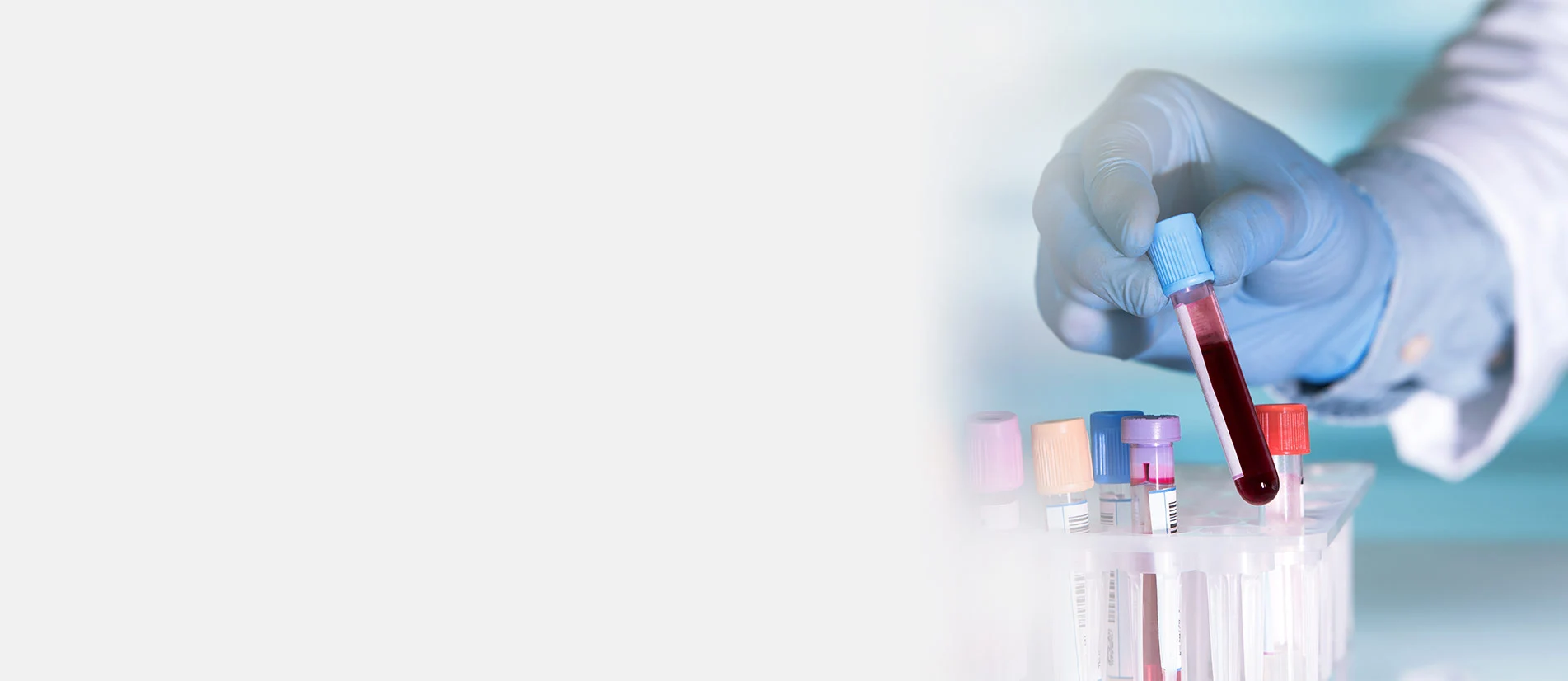Understanding Electrolyte and Urea testing (Kidney Function Testing)
E&U testing evaluates kidney function, blood chemistry, and hydration levels. It measures key electrolytes in the bloodstream, such as:
- Sodium
- Potassium
- Magnesium
Imbalances in these levels can result in serious health concerns, such as abnormal heart rhythms.
The test also measures urea, a protein by-product processed by the kidneys. Elevated urea levels may suggest kidney dysfunction, which could also affect the cardiovascular system. This test is critical to assessing kidney health and determining whether dosage adjustments are needed for patients on heart medications like an ACE inhibitor.
How do you conduct the test?
The E&U test involves drawing a small sample of blood from the vein. For newborns, a method known as heel-prickling is used for sample collection.
Why is the test important?
This test is essential for detecting biochemical imbalances in the bloodstream and identifying kidney function issues. The results can indicate a range of conditions, including:
Low results (hypo-):
- Hypokalaemia: Reduced potassium levels
- Hyponatraemia: Reduced sodium levels
- Hypoglycaemia: Low blood glucose levels
Other conditions include bleeding in the gastrointestinal tract (elevated urea level) and metabolic imbalances such as acidosis or alkalosis.
High results (hyper-):
- Dehydration or Kidney deficiency: High levels of urea or creatinine
- Hyperkalaemia: Increased potassium levels
- Hypernatraemia: Elevated sodium levels
- Hyperglycaemia: High blood glucose levels
Normal reference ranges for urea & electrolyte testing
| Parameter | Newborns | Adult and old individuals | Infants and children |
|---|---|---|---|
| Potassium | 4— 5.9 mmol/L | 3— 3.5 mmol/L | 4— 5.0 mmol/L |
| Chloride | 96— 106 mmol/L | 98— 106 mmol/L | 90— 100 mmol/L |
| CO2 | 13— 22 mmol/L | 20— 30 mmol/L | 20— 28 mmol/L |
| Sodium | 134— 150 mmol/L | 136— 145 mmol/L | 134— 150 mmol/L |
| Urea | 3—12 mg/dL | 6— 7.1 mmol/L | 5— 18 mg/dL |
Interpretation of results considered abnormal
Interpreting abnormal results requires context, including medical history, medications, and lifestyle factors. Below are some common findings:
- Low Sodium: Caused by kidney disease, heart failure, or excessive water intake.
- Elevated Sodium: Linked to dehydration, diabetes insipidus, or excessive sweating.
- Low Potassium: This may occur with burns, diarrhoea, or insufficient dietary intake.
- High Potassium: Caused by kidney failure, infections, or certain medications.
- Low Urea (BUN): Associated with liver disease, overhydration, or nephrotic syndrome.
- Elevated Urea (BUN): Indicates kidney failure, dehydration, shock, or gastrointestinal bleeding.
Critical values requiring immediate attention
Certain test results indicate life-threatening conditions and require urgent medical intervention:
| Parameter | Critical high value | Critical low value |
|---|---|---|
| Sodium | — | <6 mmol/L |
| Potassium | >6.5 mmol/L | <2.5 mmol/L |
| urea | >100 mg/dL | — |
| Chloride | <80 mmol/L | >115 mmol/L |
| Co2 | <6 mmol/L | — |
When opting for a blood test on a self-referral basis, results will be provided directly to you without interpretation or comments from our doctors. This service is exclusively for patients under the care of our medical practitioners. Should you require a consultation, additional tests, or follow-up treatment, please get in touch with our clinic for assistance.
Book Your Test Today
Take care of your health and well-being by booking an E&U test at Private Bood Tests London. Contact us today to schedule an appointment or visit our clinic during work hours for a walk-in blood test.
When opting for a blood test on a self-referral basis, results will be provided directly to you without interpretation or comments from our doctors. This service is exclusively for patients under the care of our physicians. Should you require a consultation, additional tests, or follow-up treatment, please contact our clinic for assistance.
Visit Private Blood Test London or call us now to book your test!
How Private Blood Tests London Works

Order your test
Select the test that you would like to undergo

Provide your sample
Visit our clinic in South Kensington for your blood draw and pay for your test in person

View your results
As soon as the results are ready, the will be sent to you by your chosen method

World class partner lab

Advice from expert UK doctors






; ?>/images/white-angle.png)